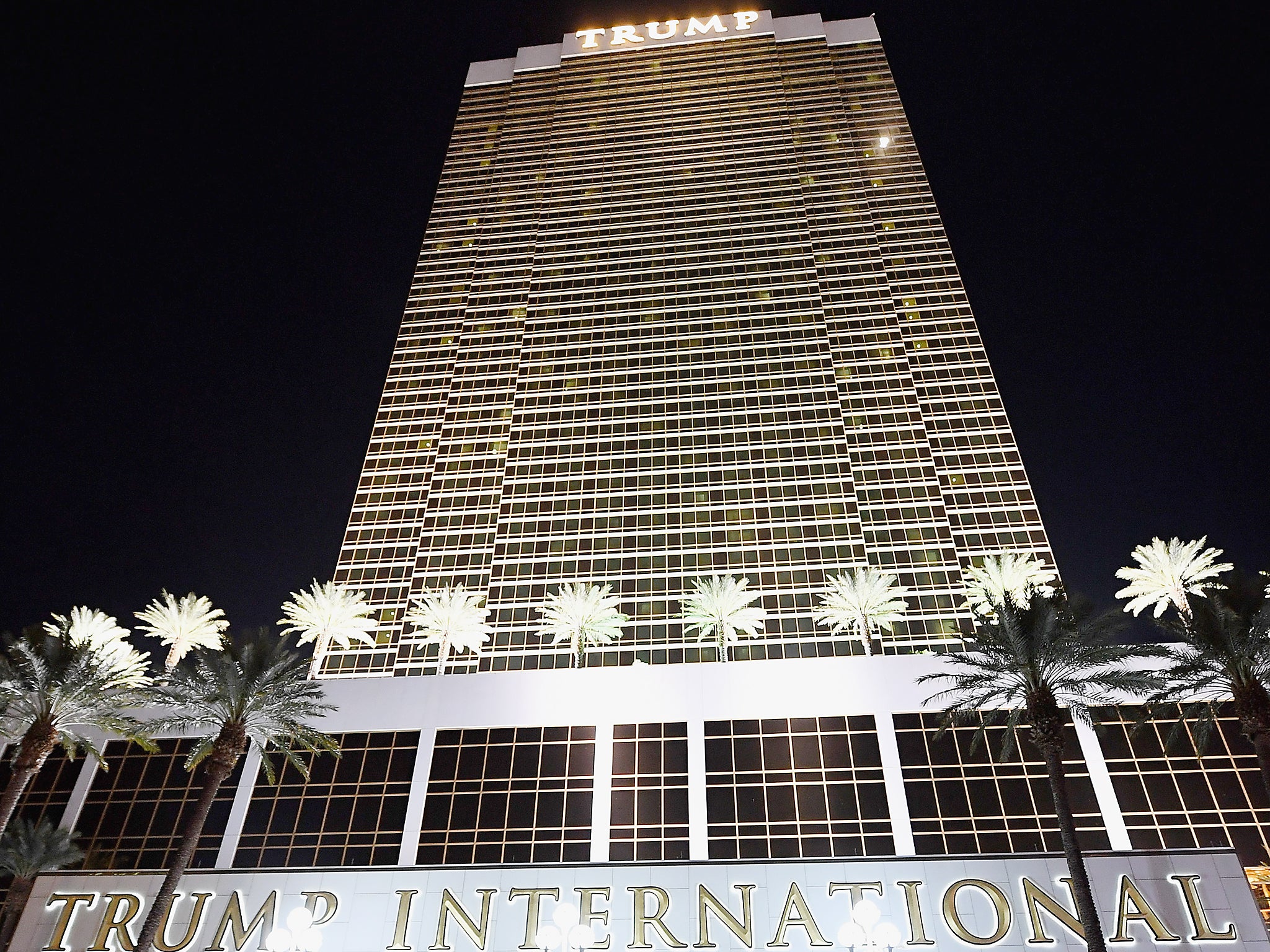The Independent's journalism is supported by our readers. When you purchase through links on our site, we may earn commission.
Why the White House is wrong about airline baggage fees
Plane talk: Politicians should instead focus on hotel ‘resort fees’ such as the $29 per room, per night at a certain Las Vegas hotel

Support truly
independent journalism
Our mission is to deliver unbiased, fact-based reporting that holds power to account and exposes the truth.
Whether $5 or $50, every contribution counts.
Support us to deliver journalism without an agenda.

Louise Thomas
Editor
“Mandatory hidden fees cause, or even trick, people into buying things they would not otherwise. In other words, people are more likely to buy something that appears to cost $80 with $20 added later, than something that is priced at $100 up front.”
The White House has been a busy place for the past couple of months, so it is unsurprising that a key report from the Obama administration on the hidden fees of travel has not made headlines.
But the White House National Economic Council report is scathing about baggage charges levied by airlines.
The law in the US, as in the UK, obliges airlines to quote fares inclusive of all obligatory taxes, fees and charges. The National Economic Council notes that, “Importantly, an ‘all-in’ pricing rule does not simply require disclosure of fees at some point, like at checkout, but requires that advertised prices include the full amount due.”
What concerns it are baggage fees, which the report describes as “de facto mandatory”.
“Some or many consumers do not focus on the full price, but rather buy on the basis of the lower price, and are therefore deceived.”
Really? I imagine if you asked the average passenger of Flybe – the first airline anywhere in the world to start charging fees for luggage – they wouldn’t feel remotely deceived. If I want a £63 flight from Aberdeen to Manchester next week, the Flybe website makes it absolutely clear what the baggage rules are: “A cabin bag measuring no more than 55cm x 35cm x 20cm … one additional item of under seat cabin baggage, such as a laptop or handbag … combined weight 10kg” and invites me to pay extra if I want to check in a bag. That’s not a trick, it’s a sensible business policy. Which is why it was soon picked up by Ryanair and easyJet. Later, British Airways introduced hand-baggage-only fares for short-haul flights, and almost every US airline followed suit.
From many points of view, penalising passengers who want to take a lot of luggage makes sense. Reducing the weight of an aircraft and its contents cuts fuel burn, which is good for the planet, the airline and perhaps even the passenger. Crucially, fewer checked-in bags means less lost luggage.
In the US, the mishandled bag rate per 1,000 passengers fell by two-thirds between 2007 and 2015 – mainly because fewer passengers put their luggage at risk by checking it in to massively complex baggage-handling systems.
Flybe introduced the fee initially to ensure that the user pays for the service – just as BA now charges passengers who need a gin and tonic on the dawn flight from Heathrow to Edinburgh £6 for the privilege. If you can squish all your essentials into a single cabin bag, why should you subsidise me for checking in a 20kg case?
The White House also worries that “Consumer confusion … may make consumers disbelieve advertised prices, making it harder for the genuine price-cutter to attract consumers.” Yet the one big US airline that still offers two checked-in bags for free (even skis and golf clubs), Southwest, has just announced record profits and a 44th straight year of profitability. Southwest is the world’s safest and most successful airline, and has always thrived on competition. It doesn’t seem to be hurting too much since competitors introduced bag fees, which undermines the White House argument.
The report does pick up on one part of the travel industry where hidden charges really are an issue: hotel “resort fees”. Shockingly, last year these unavoidable fees accounted for one-sixth of US hotel revenue. Look, here’s one: “A $29.00 per room, per night resort fee. This fee is not included in your reservation and will be collected by the hotel.” The lodging in question? The Trump International Hotel, Las Vegas.
Subscribe to Independent Premium to bookmark this article
Want to bookmark your favourite articles and stories to read or reference later? Start your Independent Premium subscription today.
Join our commenting forum
Join thought-provoking conversations, follow other Independent readers and see their replies
Comments